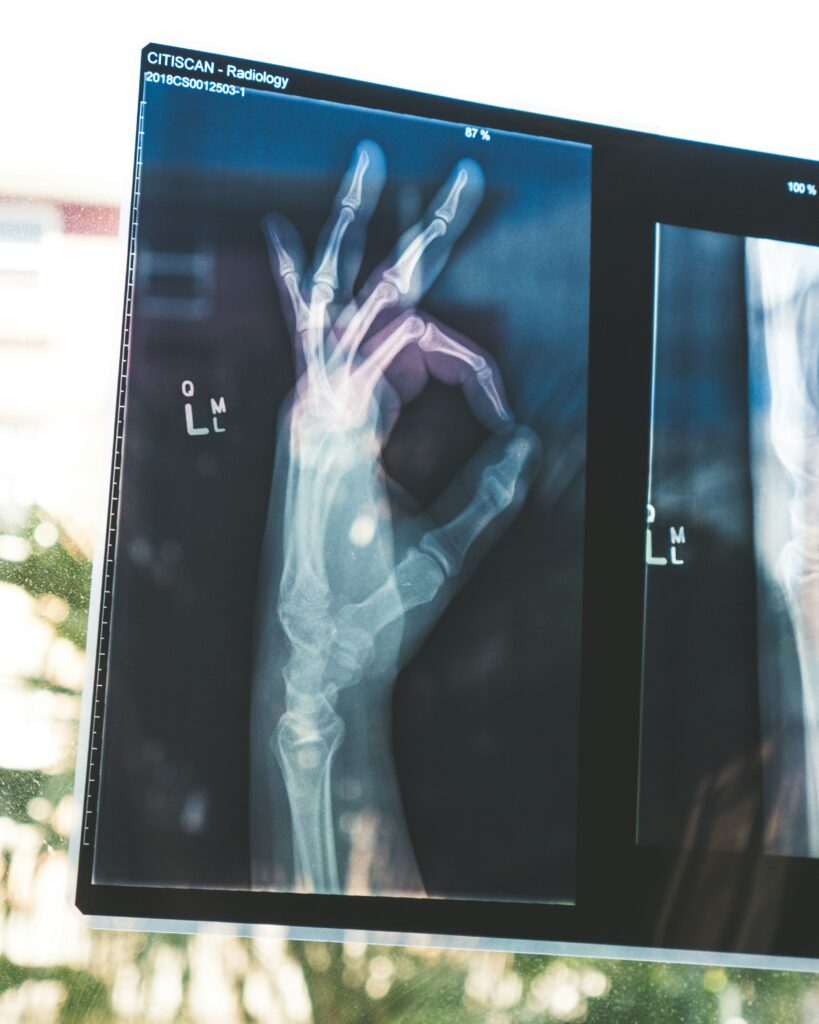Vitamin D, often called the “sunshine vitamin,” plays a vital role in our overall health. Unlike other vitamins, our bodies can produce it when exposed to sunlight. But with modern indoor lifestyles and seasonal changes, many people don’t get enough. In this article, we’ll explore the incredible benefits of Vitamin D, how to ensure you’re getting enough, and signs that you might be deficient.
Some of the links in this post are affiliate links, which means we may earn a small commission if you make a purchase through them at no extra cost to you.
The Health Benefits of Vitamin D
1. Strengthens Bones and Teeth
Vitamin D is essential for calcium absorption, making it crucial for strong bones and teeth. A deficiency can lead to conditions like osteoporosis in adults and rickets in children, increasing the risk of fractures and bone pain.

2. Supports Immune Function
Your immune system relies on Vitamin D to fight off infections. Studies suggest that adequate levels of this vitamin can help protect against colds, flu, and even more serious conditions like autoimmune diseases.

3. Boosts Mood and Mental Health
Low levels of Vitamin D have been linked to depression, anxiety, and mood disorders. It plays a role in serotonin production, the neurotransmitter responsible for happiness and well-being. Many people experience seasonal affective disorder (SAD) during the winter months due to reduced sun exposure.

4. Reduces Inflammation and Supports Heart Health
Vitamin D has anti-inflammatory properties that may help lower the risk of heart disease by reducing blood pressure and supporting cardiovascular function.

5. May Help with Weight Management
Some studies suggest that Vitamin D plays a role in regulating metabolism and may help with weight loss efforts, particularly in those who are deficient.

How to Get Enough Vitamin D
1. Sunlight Exposure
Spending 10-30 minutes in the sun a few times per week (without sunscreen) allows your body to produce Vitamin D naturally. The exact time needed depends on skin tone, location, and time of year.

2. Dietary Sources
Include these Vitamin D-rich foods in your diet:
- Fatty fish like salmon, tuna, and mackerel
- Egg yolks
- Fortified dairy and plant-based milk
- Mushrooms exposed to sunlight
- Cod liver oil

3. Supplements
If you’re not getting enough from the sun or food, a high-quality Vitamin D3 supplement can help maintain healthy levels. Look for one combined with Vitamin K2, which enhances absorption and supports bone and heart health.
👉 Try NatureWise Vitamin D3 5000 IU on Amazon

4. Light Therapy for Seasonal Deficiency
For those living in areas with long winters, a sunlamp designed to mimic natural sunlight can help maintain Vitamin D levels and improve mood.
👉 Try Verilux HappyLight Therapy Lamp on Amazon

5. Cod Liver Oil for Added Benefits
Cod liver oil is a natural source of Vitamin D and omega-3 fatty acids, which support brain and heart health.
👉 Try Carlson Cod Liver Oil on Amazon
Signs of Vitamin D Deficiency
If you’re experiencing any of these symptoms, you may need to boost your Vitamin D levels:
- Fatigue and low energy
- Muscle weakness or joint pain
- Frequent colds or infections
- Depression or mood swings
- Hair loss
- Bone pain or fractures

Final Thoughts
Vitamin D is essential for a strong immune system, healthy bones, and overall well-being. While sun exposure and diet are the best sources, supplements and light therapy can be valuable for those who struggle to get enough. If you suspect a deficiency, consider getting your levels tested and making the necessary adjustments to support your health.
Follow us on Pinterest here for more health and wellness tips!
Affiliate Disclosure: As an Amazon Associate, My Healthy Health earns from qualifying purchases.

